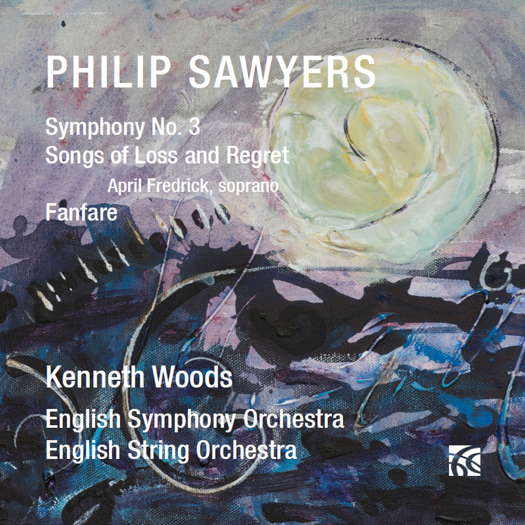 SPONSORED: CD Spotlight. View from the Celli - Philip Sawyers' Symphony No 3 impresses Alice McVeigh.
SPONSORED: CD Spotlight. View from the Celli - Philip Sawyers' Symphony No 3 impresses Alice McVeigh.
All sponsored features >>
Franco Zeffirelli
Italian opera director, film and TV producer Franco Zeffirelli was born in Florence on 12 February 1923. His mother was a fashion designer and his father was a wool and silk dealer. He was also a descendent of one of Leonardo da Vinci's siblings.
He studied at the Accademia di Belle Arti Firenze and then Art and Architecture at Florence University. During World War II he fought as a partisan, and became interpreter to British soldiers from the First Scots Guards. After the war he continued his studies, but switched studies to theatre in 1945 after experiencing Laurence Olivier's Henry V.
He worked for a scenic painter in Florence and was introduced to Luchino Visconti, who made Zeffirelli his assistant director for the 1948 film La Terra trema, and who had a big influence on Zeffirelli's later work. After this, he worked in scenography, and started to work as a director in Rossini buffo operas. From the 1950s onwards, he was a major director of opera productions in Italy, other European countries and in the USA, befriending and working with Maria Callas on La traviata in Texas, on Tosca at Covent Garden in 1964 and on Callas' last Norma at Paris Opera. He also collaborated with Joan Sutherland, working with her on Lucia di Lammermoor in 1959.
Zeffirelli became well-known during the 1960s, designing and directing his own plays in London and New York, and soon started to work in cinema - his first film as director was The Taming of the Shrew (1967) featuring Elizabeth Taylor and Richard Burton, and the following year he achieved a major breakthrough with Romeo and Juliet.
Zeffirelli was criticised by religious groups for his 'blasphemous representations' of biblical figures in his films, and was also accused of antisemitism for his comments on Martin Scorsese's The Last Temptation of Christ. There were also various allegations of sexual advances by Zeffirelli, and controversy when Zeffirelli commented that, as a child, he had not been harmed when being sexually abuse by a priest.
Zeffirelli was gay, and also an extremely conservative Roman Catholic. From 1994 until 2001, he was a senator for Silvio Berlusconi's centre-right political party Forza Italia. He was criticised for backing the Catholic Church's views on homosexuality and abortion (which included calling for capital punishment for women who terminated their pregnancies).
Franco Zeffirelli died at his home in Rome on 15 June 2019, aged ninety-six.
A selection of articles about Franco Zeffirelli
Ensemble. A Bloody Story of Jealousy - Giuseppe Pennisi witnesses great success for Franco Zeffirelli's return to Rome
Classical music news. Singing in Cars? - Classical Music Daily's February 2021 Newsletter has just been published as a video podcast
Ensemble. Pure Joy - Puccini's 'La bohème' in high definition from New York Metropolitan Opera, heard by Maria Nockin
Ensemble. An Asian Fairytale - Puccini's 'Turandot' live in HD from New York, enjoyed by Maria Nockin
Ensemble. A Philological 'Tosca' - Giuseppe Pennisi reports from Rome
Ensemble. Passionate Tones - La bohème in HD from The Met, appreciated by Maria Nockin
CD Spotlight. Inestimable Worth - Joan Sutherland's debut recital, assessed by Howard Smith. 'No other single disc has these historic performances.'
Ensemble. A Successful Production - Sixty Leitmotives for 'Tosca', by Giuseppe Pennisi
Ensemble. A Perfect Falstaff - Giuseppe Pennisi visits the Vienna State Opera
Ensemble. The Quality of the Cooks - Verdi comic operas on stage, tasted by Giuseppe Pennisi
Ensemble. Alive and Well - Giuseppe Pennisi experiences Zeffirelli's latest 'La traviata'


